Homeowners anxious about the issue of affordability in current economic climate
Homeowners in the UK are continuing to face a growing economic challenge with high interest rates. With an already expensive housing market, many residents fear that affordability is the biggest challenge they face when considering buying or maintaining a home.
The average UK house price in February 2023 had fallen to £257,406, while in February 2022 it was £260,230, according to Nationwide. But even with the slight fall in property values it is still increasingly difficult for many potential buyers to afford a home of their own, and with high interest rates due to inflation concerns and economic uncertainty, these issues are only expected to continue.

Current living arrangements
Affordability remains a major concern for many UK homeowners in today’s property market. A recent survey identified a growing sense of insecurity among many homeowners who fear their current living arrangements could become unaffordable in the future[1].
Consumer worries about their financial situation and future property plans are dominated by the cost of living crisis. Despite slowing house price growth, high inflation and interest rates, combined with limited wage growth, have widened the affordability gap. Moving onto or up the property ladder is still a significant challenge.
Affordable solution that works
The issue of affordability is not just confined to those on lower incomes either; even some middle-income families are finding it challenging to balance their budgets. Ultimately, finding an affordable solution that works for both buyers and sellers is essential if the housing market is to remain stable.
The survey revealed that almost 43% of homeowners expressed concern about the state of the UK economy. In comparison, rising interest rates were a source of worry for 48% of those surveyed.
Ability to move to a new property
Other significant concerns highlighted in the survey included affording household bills (37%) and mortgage payments (21%). Furthermore, approximately 15% of respondents were worried about their ability to move to a new property in the future, and 11% expressed concerns over extended stays by family members or children.
According to the survey, 34% of respondents also expressed a desire for increased government support in managing the cost of living. Additionally, 30% indicated a need for more assistance in making energy-efficient upgrades.
Speak to a professional mortgage adviser
Lowering mortgage payments through reduced interest rates was identified as a priority by 39% of those surveyed, while 22% sought greater support for first-time buyers.
Mortgage rates are starting to come down but are likely to still remain relatively higher than many are used to for some time. Speaking to a professional mortgage adviser is an important step for existing homeowners in the home loan process.
Searching for an alternative lender
A mortgage adviser will be able to provide valuable advice and guidance when it comes to understanding your options and finding an alternative lender for your current income and affordability situation. They can provide tailored support based on your unique requirements and use their knowledge of the different lenders available to help you get the most favourable terms possible.
Additionally, they may have access to exclusive deals that may not be available elsewhere. So speaking with a professional mortgage adviser early can help existing homeowners feel more confident when searching for an alternative lender.
Looking for a new mortgage?
Your mortgage is likely to be your biggest financial commitment. So finding the right deal is vital. To discuss mortgage deals that could help you get the keys to your new home, contact 1st Financial Foundations – telephone 01908 523 420 – email info@1stff.co.uk
Source data:
[1] Survey conducted by The Mortgage Lender (TML) among 2,000 UK adults – 06/02/23.













